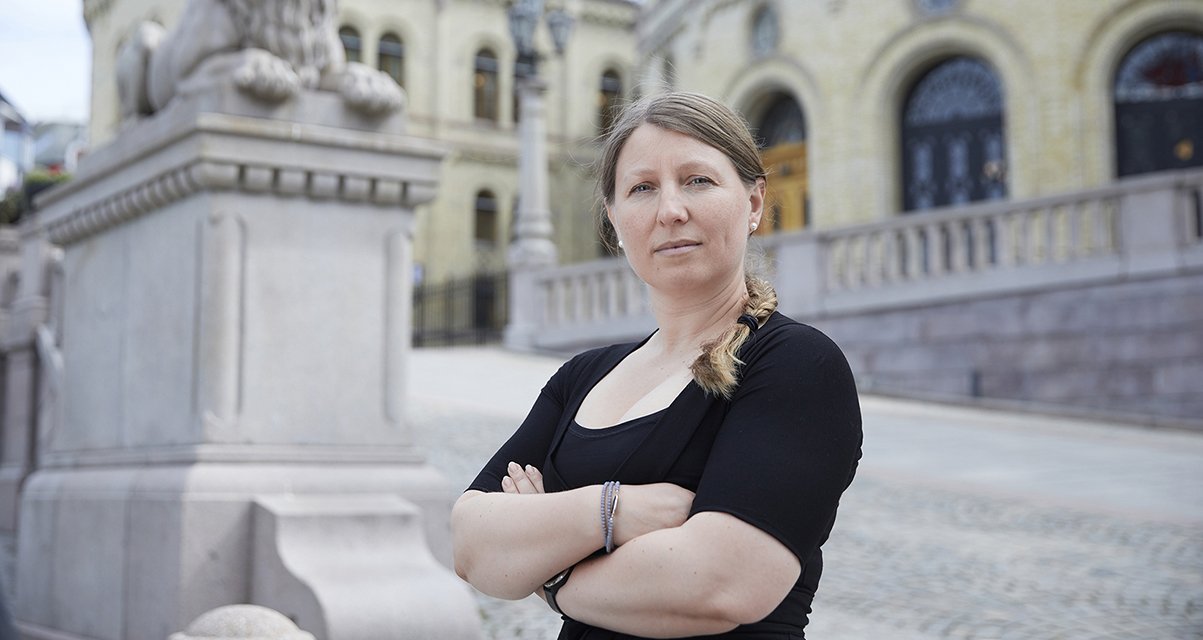Compulsory arbitration for Unio – the strike has ended
– We note that the government has shown no willingness to meet our demands. The whole process from the time we started the salary negotiations, through the strike and until now, has been characterized by the fact that the government has wanted nothing more than to push us into place, says Guro Lind, head of negotiations in Unio stat.

05.06.2024
Unio takes note of the government's decision and Unio's members will be back at work as soon as possible.
– None of our initiatives in this wage settlement have been followed up by either the state or the government. We do not see any understanding that the state needs to retain and recruit those with higher education to be able to solve the tasks now and in the future, says Lind.
Unio went on strike together with Akademikerne on 24 May because the state and government wanted to take away from Unio the collective agreement that the same government entered into with Unio and Akademikerne two years ago.
On Sunday, the government stopped Akademikerne's strike, and on Wednesday morning Unio's strike was stopped.
– For Unio, it has been important to have justifiable strike actions that have consequences for the employer. We have members in many critical key positions in the state. So it's always a demanding balancing act, says Lind.
– The way we have been met by the government and a minister who was never interested in meeting us, the compulsory arbitration was an outcome that did not come as a surprise. A strike was not something we wanted, but something we were forced into because the government wants to take away our collective agreement. But the will to strike has been enormous, we have got our message across and received a lot of support for our goal: that higher education must pay off, also in the state, says Lind, and concludes:
– We will continue our work with full force to ensure that education pays off, and hope that all state employees who agree with us will join the team.
